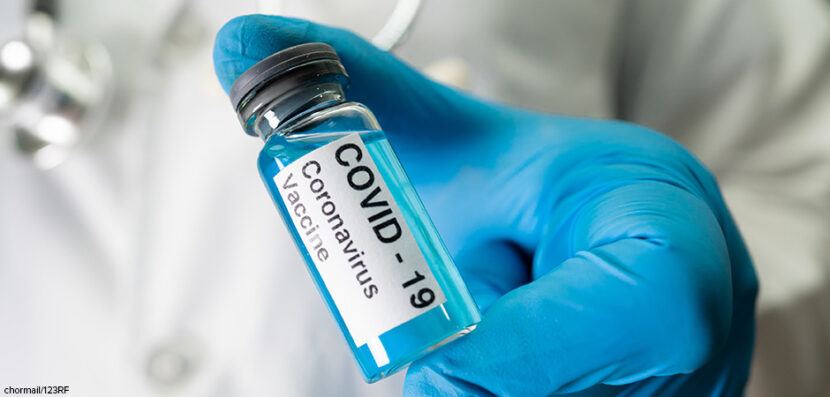
Biden: Let’s Loosen Rules on COVID Vaccine Patent
As the world struggles to battle the ongoing COVID-19 pandemic, some nations have had more success than others. Today, the vaccine is readily available in the United States and many other wealthy countries. But that isn’t the case for all nations. Last week, President Biden said that he would support waiving intellectual property protections for COVID-19 vaccines. This could allow other countries to start manufacturing their own vaccines. While some organizations and governments support his decision, others are pushing back. Here, Election Central takes a closer look at the controversy.
What Does This Mean?
When a manufacturer holds the patent to a product–such as a vaccine–it means that they are the only ones who can determine who makes it and can collect payment for that right. But if intellectual property (IP) protections are waived, that means that other countries will be able to manufacture their own vaccines. Private companies, however, will still own the patents to those vaccines. While multiple versions of the COVID vaccine are easily available in the U.S., some other countries struggle to acquire the vaccine. For example, India, which is the country hit hardest by the virus now, has only been able to vaccinate 2 percent of the population.
Who is For It?
The World Trade Organization (WTO) and more than one hundred nations have asked that IP rights to the vaccine be waived, because currently, those rules are preventing equal access. If a limited waiver is granted, countries without access can begin ramping up the manufacturing of their own vaccine, getting more doses into the arms of their citizens.
But can this be done? This isn’t the first time that IP patent rules have been relaxed. In 2001, the Doha Declaration was a response to the concern that low-income nations did not have equal access to HIV and AIDS drug treatments. There were also fewer drugs available to treat tuberculosis and malaria. In the interest of public health, the agreement stated that governments and other third-party entities in low-income nations were allowed to manufacturer treatment without the permission of the party holding the patent on it. According to the World Trade Organization (WTO), a similarly urgent situation exists with the COVID-19 crisis today.
Who is Against It?
Wealthier nations–such as the United Kingdom, Canada, Germany, Japan, and (up until last week) the United States–have been against waiving IP rights to the vaccine. The Pharmaceutical Research and Manufacturers of America (PhRMA) argues that waiving the rights would be a violation of U.S. policies. To allow it, they say, would be to further interrupt the supply chain, affect U.S. jobs, lead to the production of fake vaccines, and damage the U.S.’s position as a biomedical leader. Some leaders, such as German Chancellor Angela Merkel, went so far as to argue that waiving vaccine patents would not actually make more vaccine doses available.


